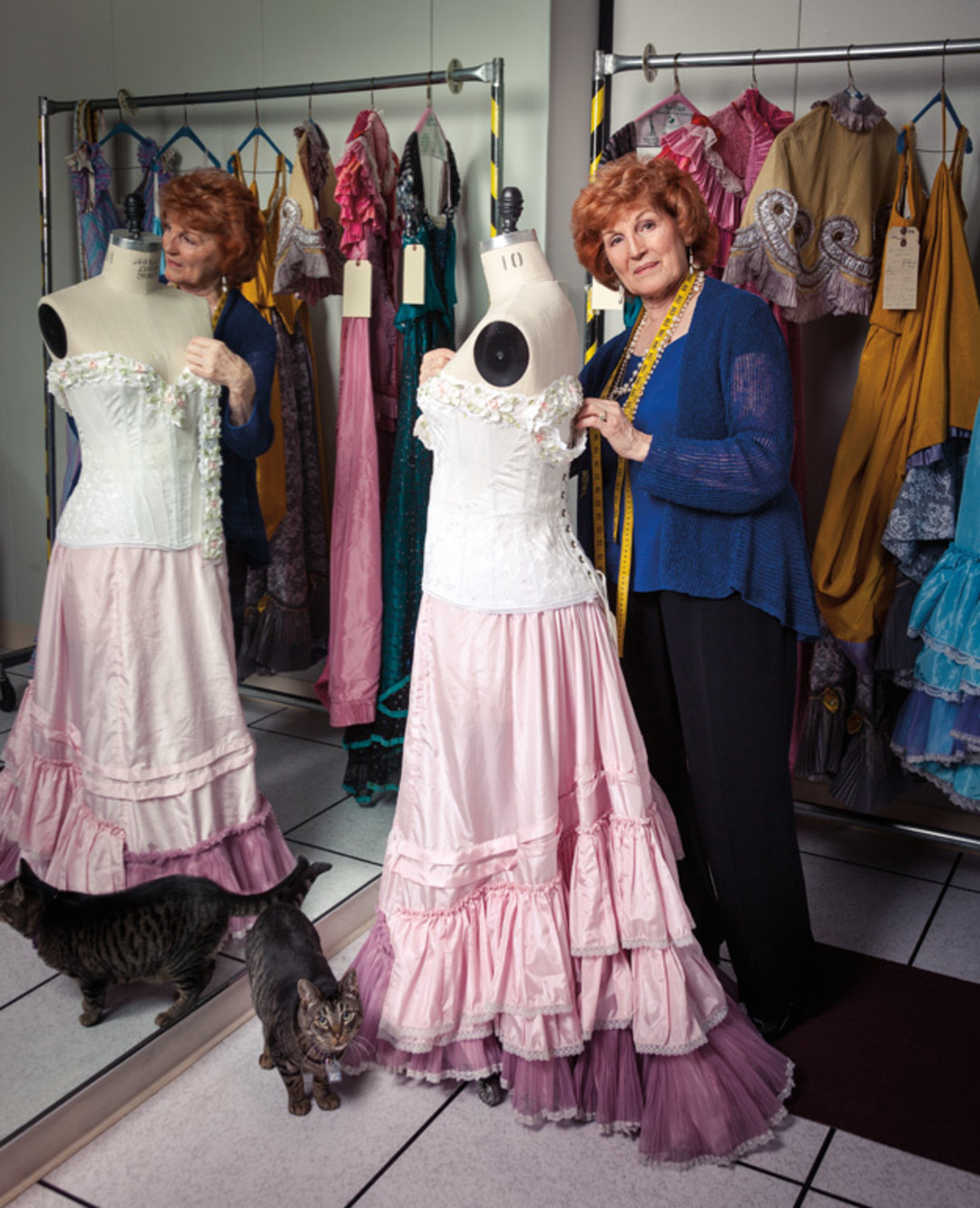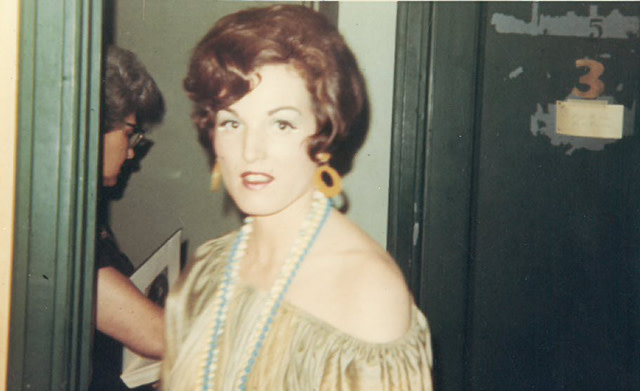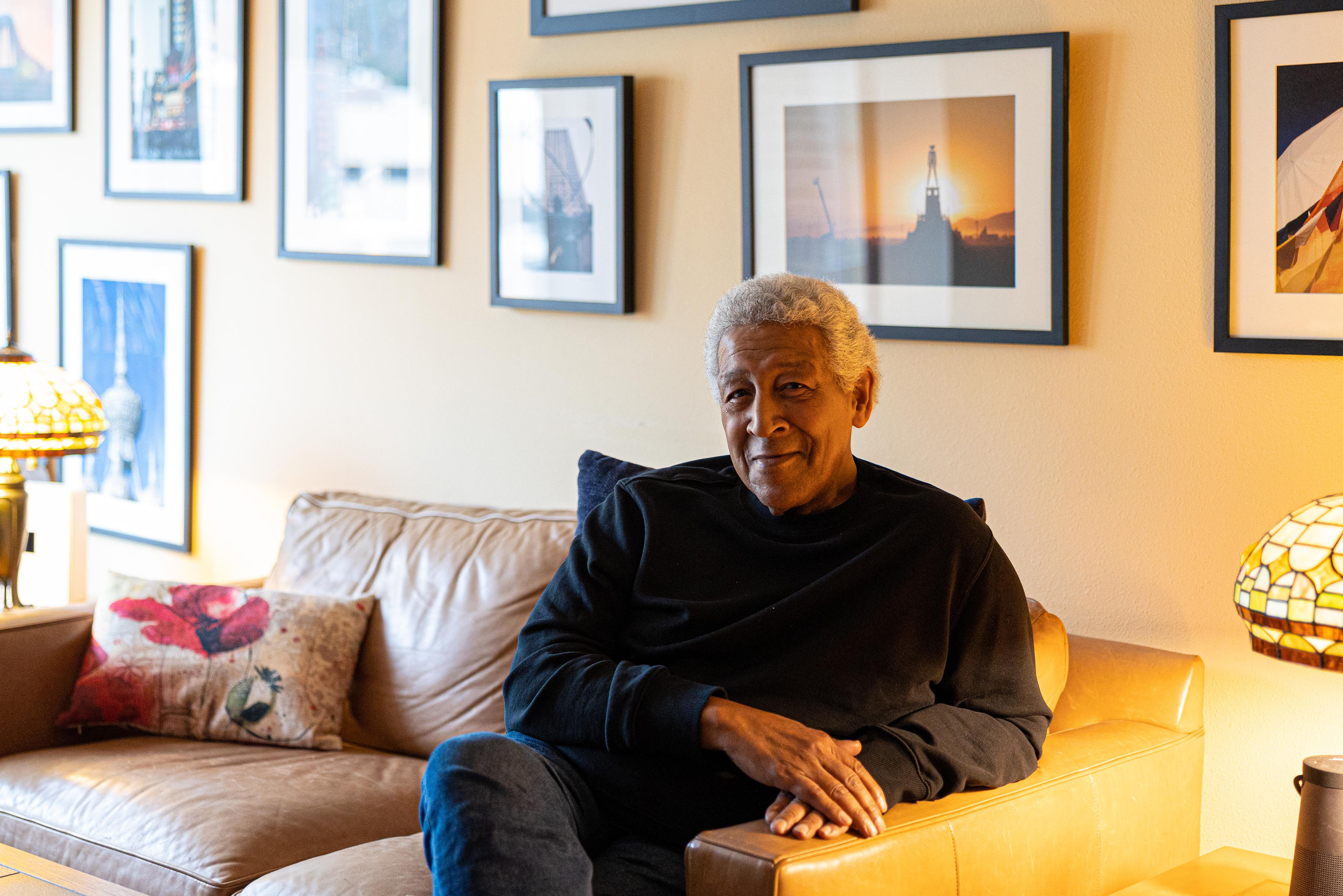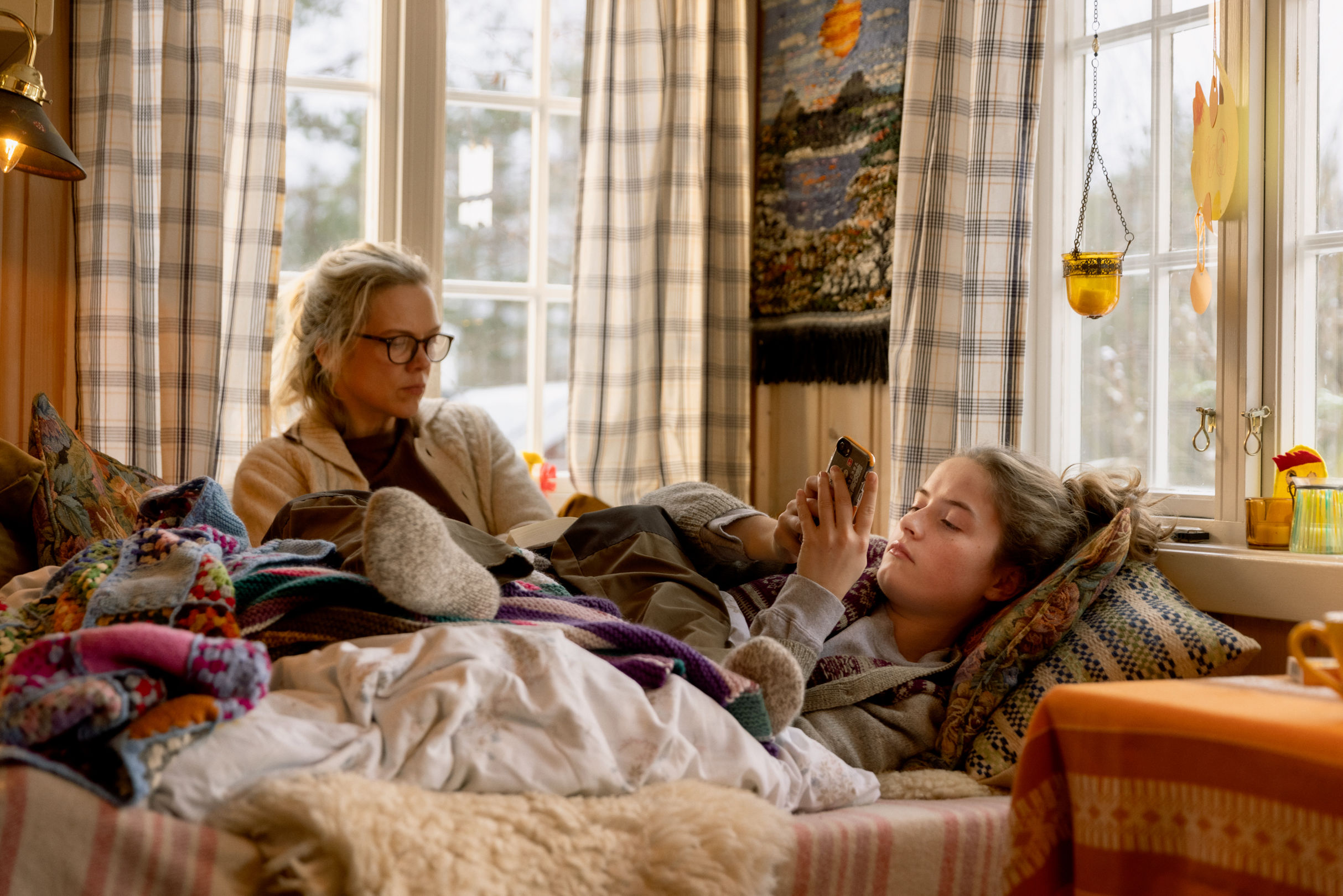Portland Opera Turns 50 This Month—and One Woman Has Been There For It All

Image: Nicolle Clemetson
In 1964, Portland Opera staged its first show, Die Fledermaus, in Madison High School’s cafeteria. Frances Britt was a chorus girl with the fledgling company, which had branched off from a city-organized event. Since then, she’s been involved in almost every one of the opera’s 219 productions. After swapping her role as singer for the backstage duties of costume manager in 1982, Britt has sewn thousands of outfits, creating new ones for the company’s original productions and altering costumes from shows rented from other opera houses. As Portland Opera begins its 50th-anniversary season this month (with Die Fledermaus, of course) we talk with the woman, now 78, who has seen, and dressed, it all.
The first opera I sang in was Carmen in 1961. Back then, the opera was under the auspices of the Bureau of Parks and Recreation. Every summer we did an opera in Washington Park. The chorus was on risers, and it was windy. We were on one side and we could see the set was falling down on the guys on the other side. It wasn’t heavy, so we just kept singing, trying not to laugh.
When we’re building our own production, usually the director is the big boss and says what he would like. Then the costume designer draws renderings and goes fabric shopping. Some are beautiful artists; others just draw stick characters in little costumes. We go over each rendering, and we start making patterns based on the singers’ measurements. Then we make a mock-up with muslin and put it on a form. When we’re satisfied, we start cutting out fabric and stitching it up. We probably have 3,000 costumes in the warehouse.
We rent shows, with their costumes and sets, more often than we build them, because it’s so expensive to build. We’ve gotten some pretty awful-looking alterations—made by other companies. Our saying is: “send them to Portland Opera, and we’ll fix them.”
We usually get one difficult singer per show. We got a singer once who didn’t like the high neck of the costume—it was the period, what are you going to do? But she complained so much that we made her a new costume. Another problem is footwear. I’ve had singers for whom I’ve had to order 20 different shoes to find a pair. One of them is coming back for Die Fledermaus. I won’t tell you who it is.
We were doing Rigoletto, and one of the principal guys tore his crotch. There was no way in hell he could get his laced boots off and on between scenes, so I had to sew him up on my hands and knees. A lot of times there’s not time to go back to their dressing room, and we set up quick-change booths. Sometimes I have 14 dressers. There’s a lot that goes on backstage that people don’t realize.
One of my very favorite operas we created is Carmina Burana. The chorus was in 1950s dress with hats, gloves, and purses I bought in thrift stores. We used the BodyVox dancers, and we had one of them dance with a big boa constrictor. The first time we were rehearsing, the snake handler walked through the chorus with the snake, and it freaked out one of the women so badly she almost had a nervous breakdown. It’s our most popular opera for companies in other cities to rent. When it goes out, they have to rent a snake.
We had an elephant named Tiki here for Aida twice. All she did was walk across the stage with a bunch of supernumeraries, who were costumed as slaves. One night she bolted. I don’t know what spooked her, but she started running across the stage. Can you imagine, those big feet? All the barefoot slaves—she would crush your bones!
There’s no comparison between what the opera is now to what it was in the 1960s. It was pretty amateurish. There were no rules; no one belonged to the union. Robert Bailey, who was here before Christopher Mattaliano [the current general director], really got things started by hiring promising singers who’ve gone on to be famous. Now we have a good reputation. The artists always say that this is one of their favorite opera companies because they’re treated so well.
I’m going to be 79 in December. I never missed a day at work until 1997, when I broke my nose playing softball with the Portland Opera Divas. When I was thinking of retiring three years ago, one of the principal singers said, “Frances, you can’t retire; you have to work through the 50th anniversary at the opera.” I know—it’s here.
Slide Show: Portland Opera's Costumes Through the Years





